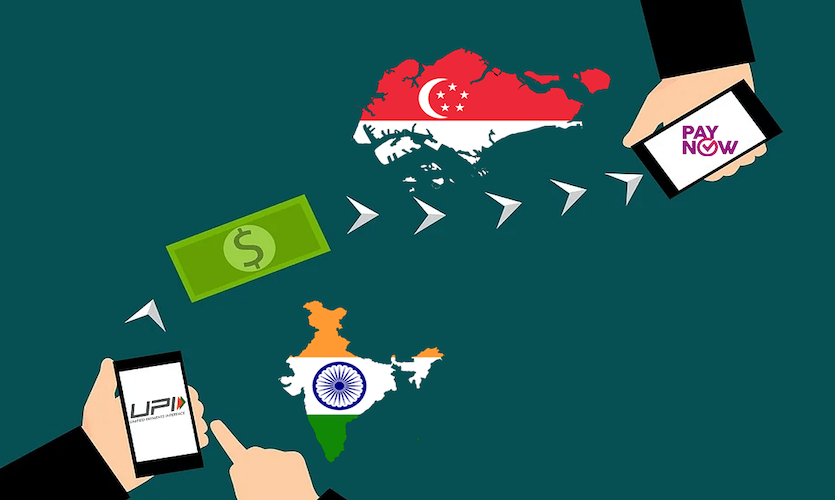According to the United Nations High Commissioner for Refugees (UNHCR), there are nearly 6 million Afghans who have been removed from their homes. Of those, 3 million are displaced within Afghanistan, and 2.6 million are Afghan refugees living in other countries. The plight of the Afghan refugees is considered to be one of the largest protracted refugee situations in the world wherein people are forcibly displaced from their homes and flee with little to no possessions for years, sometimes even decades.
As this humanitarian crisis unfolds, thousands have been evacuated from Afghanistan, particularly the families of those that supported the American and NATO armed forces during the two-decades-long war. The sudden influx means resettlement agencies will need to rush to secure housing, schooling, groceries and furniture for these refugees.
Airbnb, Inc., an online platform for accomodation, announced that it will temporarily house 20,000 Afghan refugees across the world, free of cost. The offer is ready to avail immediately and the Airbnb team plans to collaborate with resettlement NGOs serving on the ground to help them with the most pressing resettlement needs.
The company has not specified the amount it plans to spend on the initiative. The cost of the stays would be funded through contributions from Airbnb and CEO Brian Chesky, as well as donors to the Airbnb.org’s Refugee Fund. As of August 25, Airbnb put up about 200 Afghan refugees at its listed properties.
Chesky said “I hope this inspires other business leaders to do the same. There’s no time to waste.”
The company’s CEO further added, “As tens of thousands of Afghan refugees resettle around the world, where they stay will be the first chapter in their new lives. For these 20,000 refugees, my hope is that the Airbnb community will provide them with not only a safe place to rest and start over but also a warm welcome home.”
US Businesses Support Afghan Refugees
Since the Taliban’s takeover of Kabul, many private sector giants like Verizon, Walmart and Texas Medical Technology have decided to step up and contribute towards supporting the evacuated refugees.
On August 24, the US wireless carrier, Verizon announced its plans to waive call charges from its consumer, business and residential landline customers to Afghanistan until September 6. Ronan Dunne, executive vice president and CEO of Verizon Consumer Group said, “During this time of need, customers need to stay connected with loved ones in Afghanistan.” He further added, “Waiving these kinds of calling charges will help them focus on what matters: communicating with family and friends.” The company has also urged its customers to contribute $10 to the International Rescue Committee by texting RESCUE to 25383.
Walmart is indirectly supporting the efforts by donating $1 million to three charity groups aiding Afghan refugees in the US, as well as supporting veterans and their families. Texas Medical Technology, a supplier and distributor of medical equipment, has decided to use its resources to provide jobs, housing, and accommodations to Afghan refugees. The company plans to hire 100 Afghan refugees within a year at its 144,000-square-foot manufacturing facility in Houston.
The United States government had also taken the help of six commercial airlines to aid in transporting people after their evacuation from Afghanistan. The Pentagon had called upon 18 civilian aircrafts from United Airlines, American Airlines, Delta Air and others. The government had depended on these companies earlier, during the Iraq War in 2003.
Read more: What Is The US’ Plan For Accommodating Afghan Refugees?
Businesses Benefit From Supporting Refugees
A 2019 study authored by the New York University Stern School of Business and published by the Tent Partnership for Refugees surveyed 12,200 consumers across Italy, France, and Germany. Despite the debate surrounding the refugee crisis, 44 percent of consumers were more likely to buy products and services from companies that hire or help refugees, compared with 14 percent who said they would be less likely to do so. Among millennials, i.e. adults of 18-35 years of age, 77 percent favoured pro-refugee brands. The study clearly highlights how hiring refugees contributes towards diversification, and also creates a sense of brand loyalty among consumers who increasingly want businesses to act as a force for good.
“The private sector has an enormous capacity to empower refugees as full participants in the global economy,” the International Chamber of Commerce said in a statement. It continued, “As economic actors, policy influencers, employers and innovators, the business has the tools and capacity to contribute to win-win solutions that support the integration of refugees into the workforce and bring value to society as a whole.”
The inclusion of the private sector is not a cure-all to the refugee crisis, however, it does play a crucial role in creating long term solutions that promote self-reliance. At a time when the purpose-driven business model has taken the centre stage, the private sector has a very important role to play in working towards the upliftment of asylum seekers.









